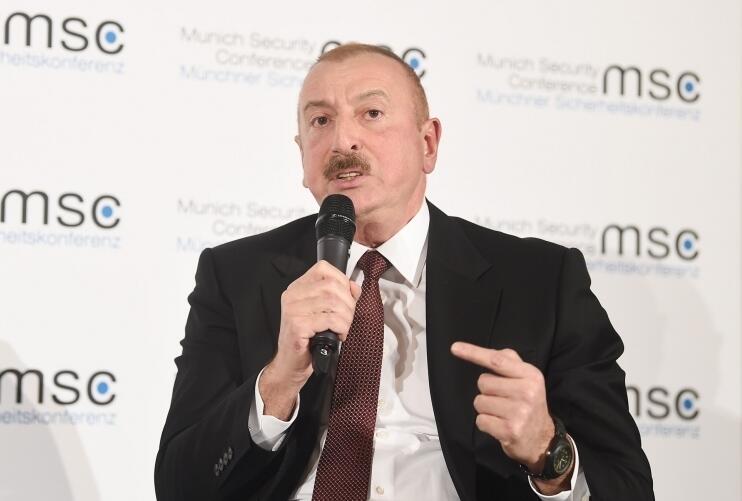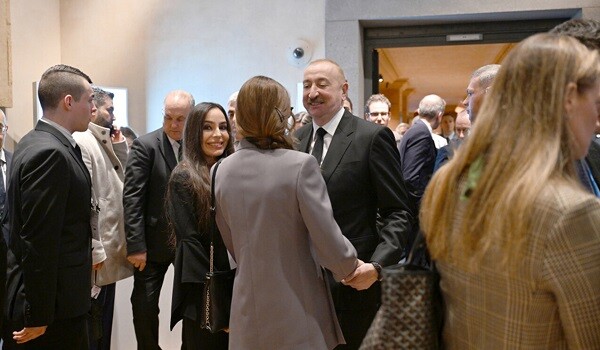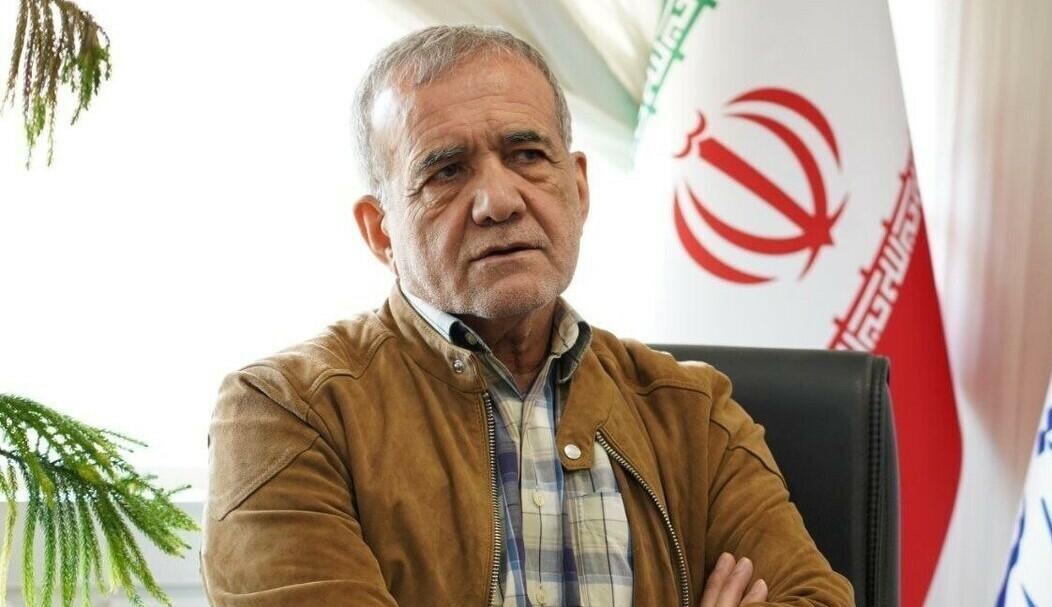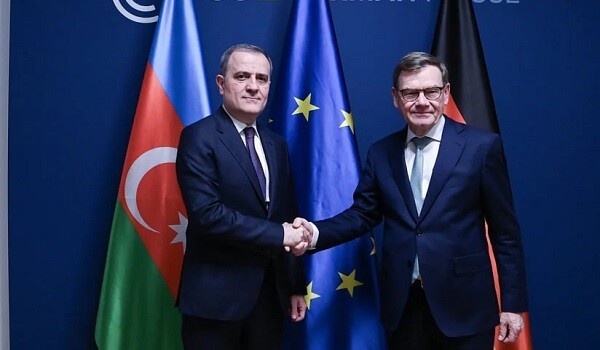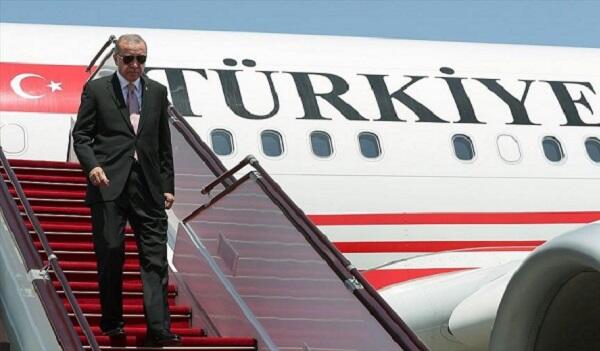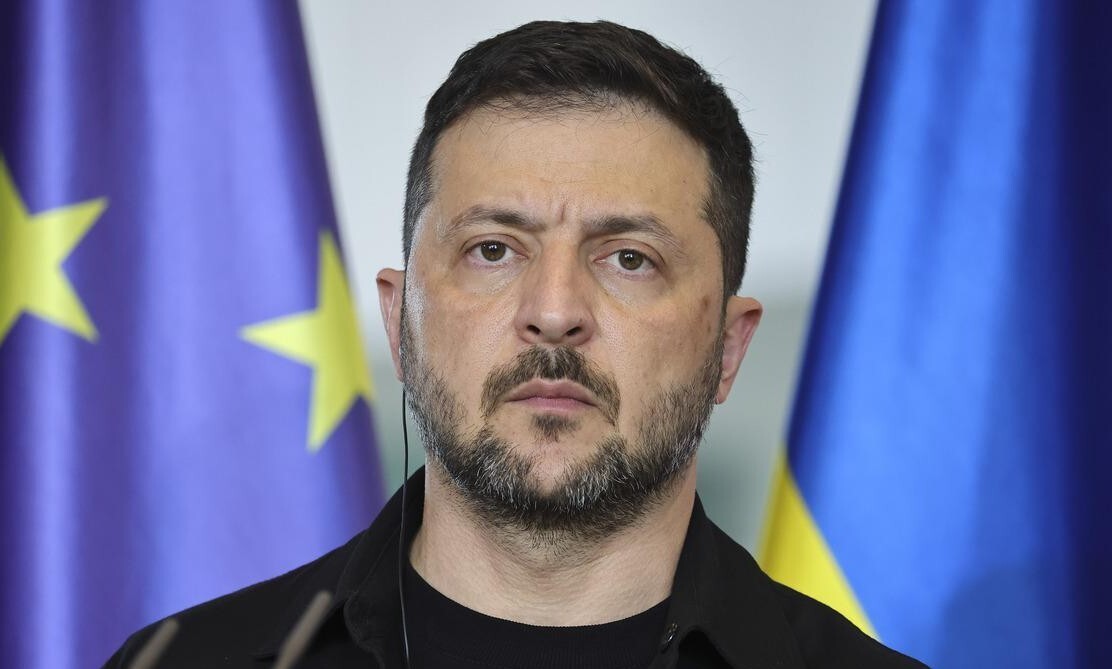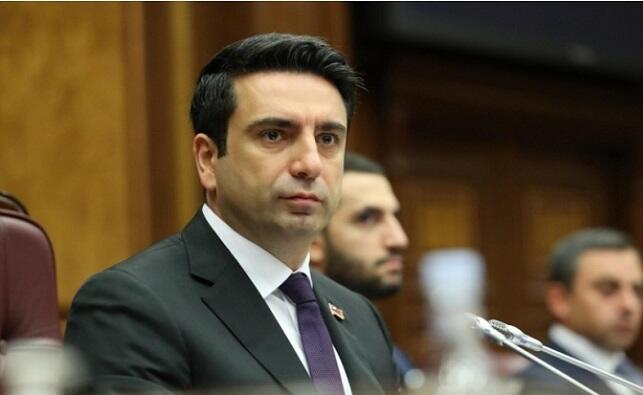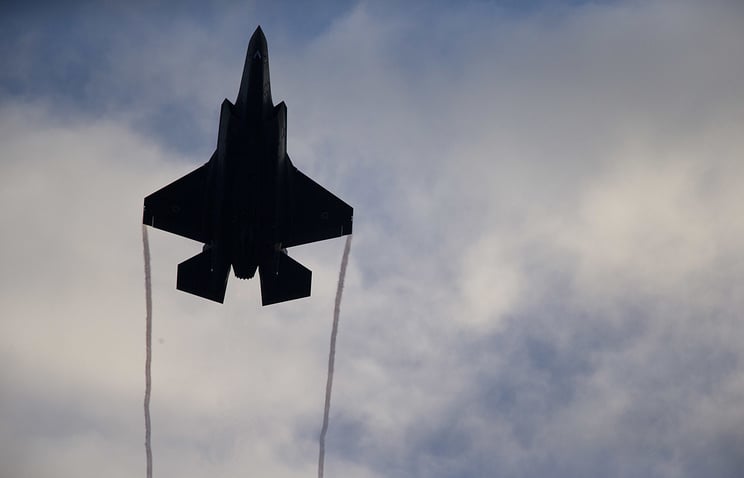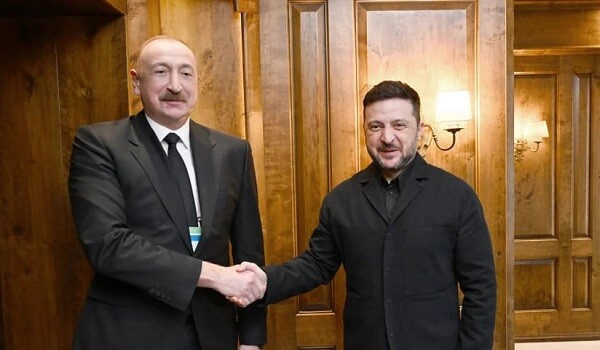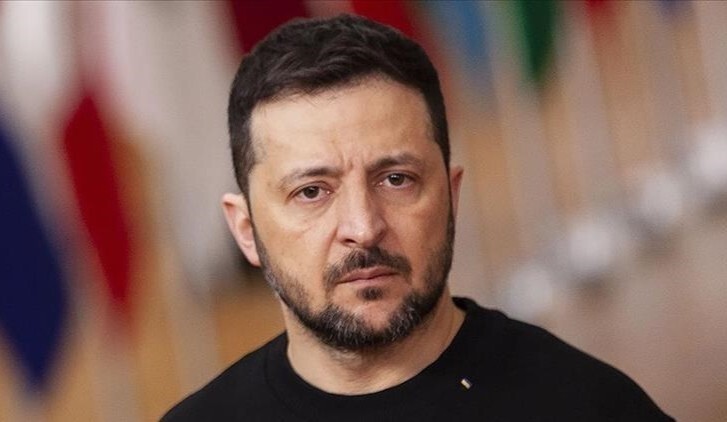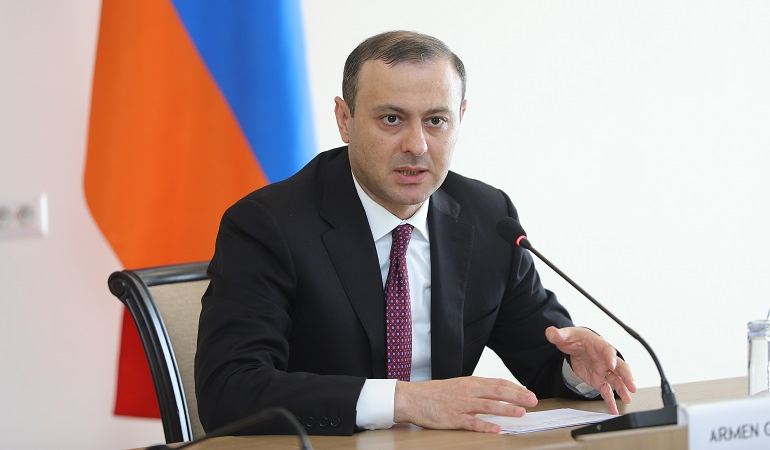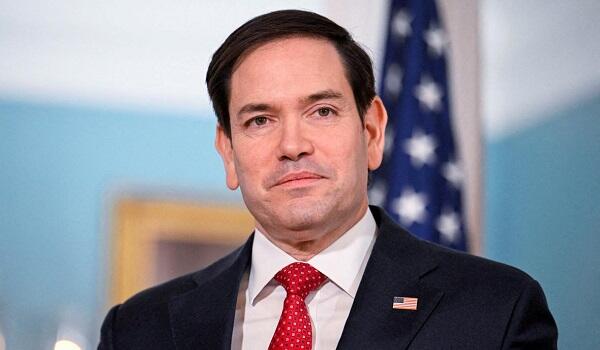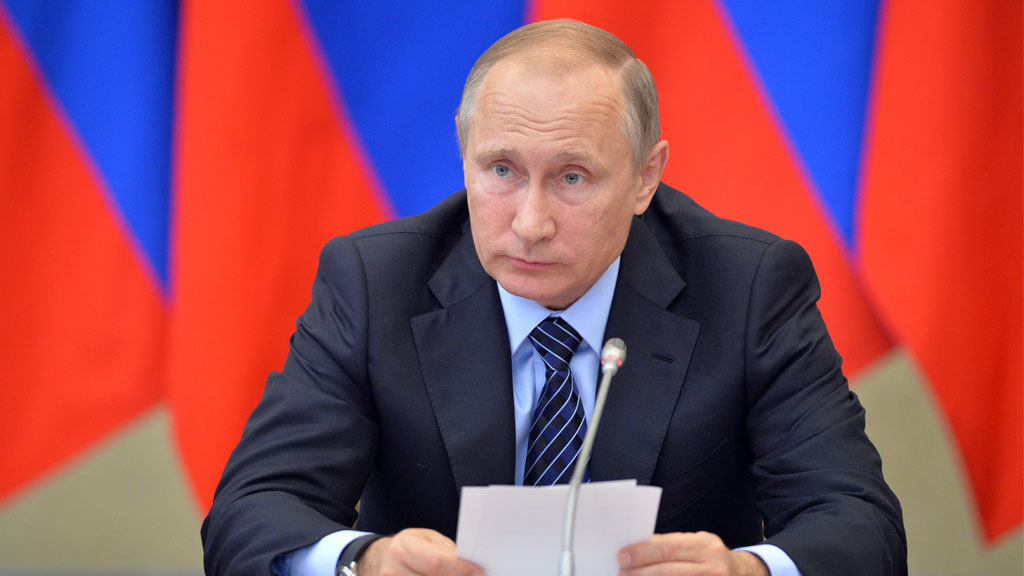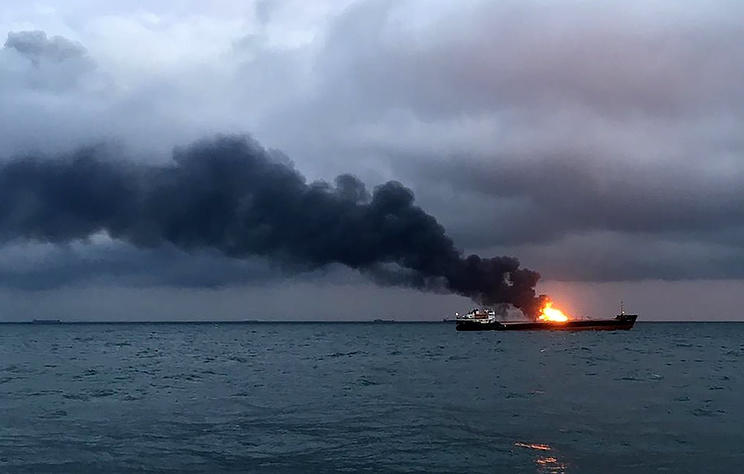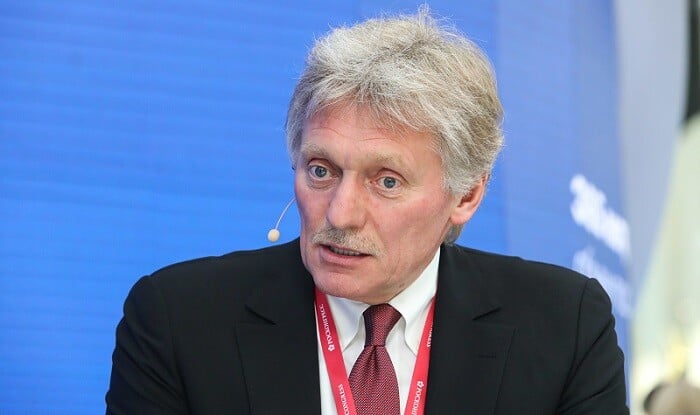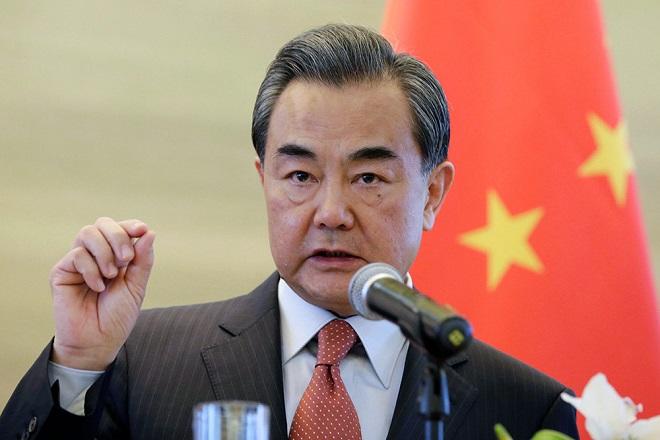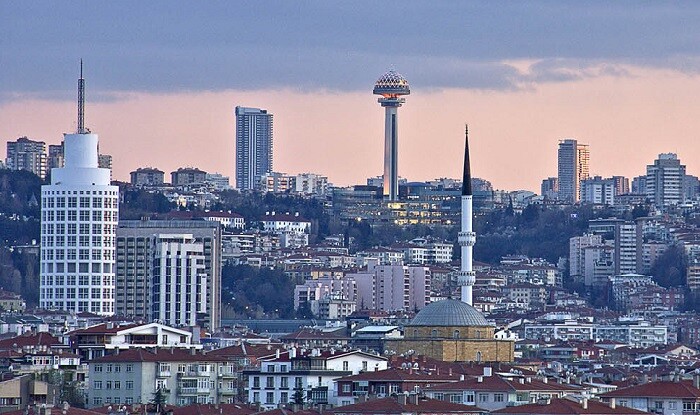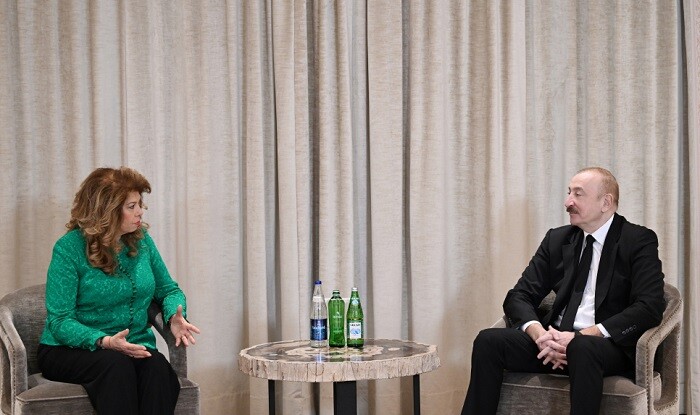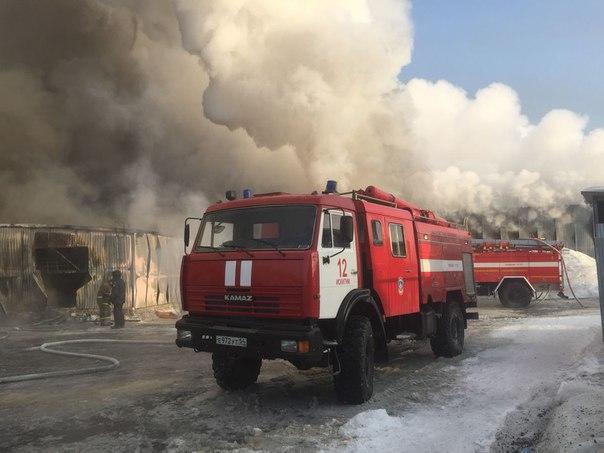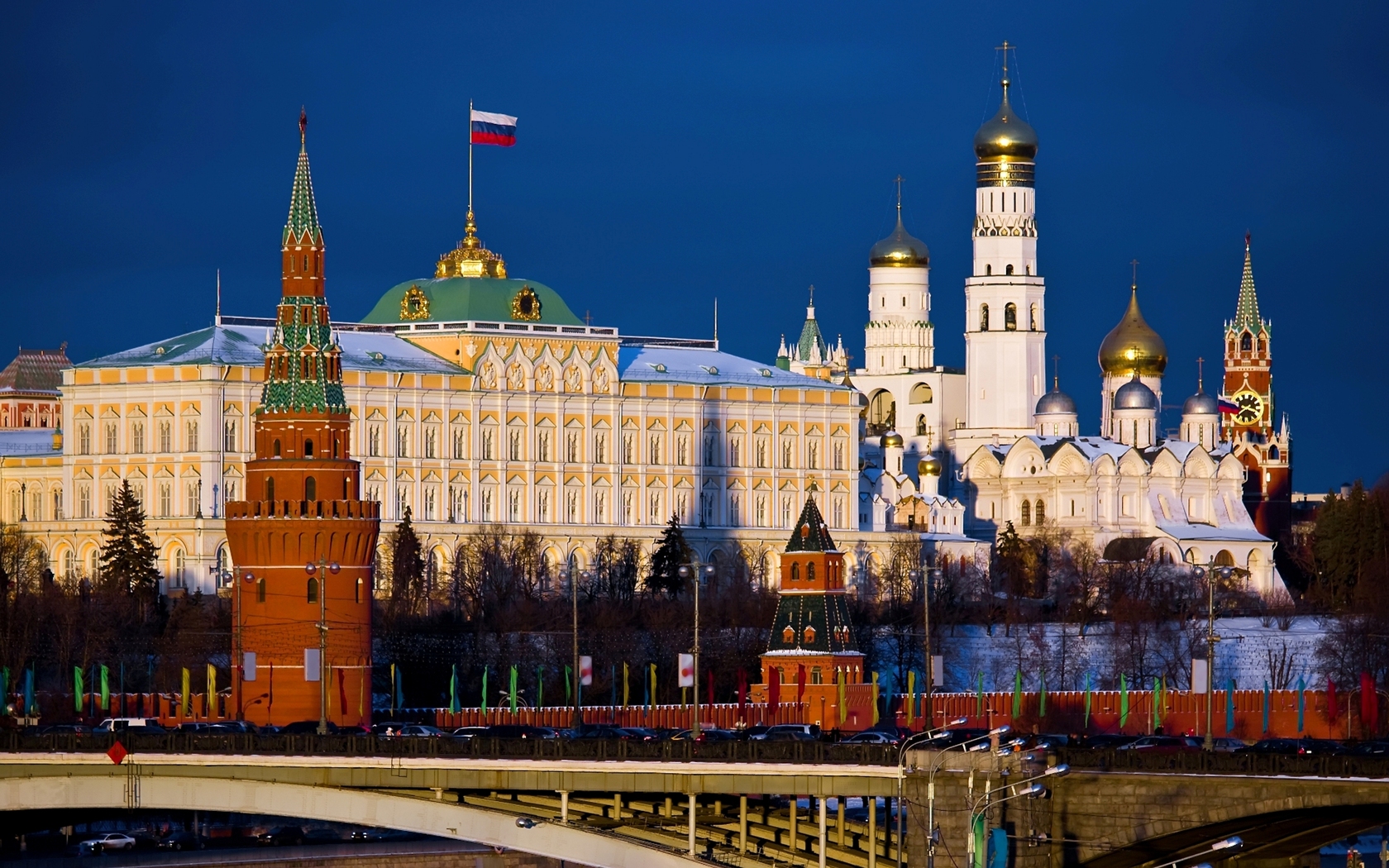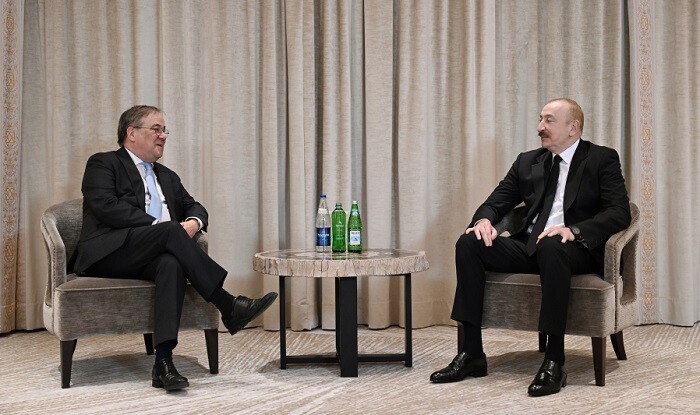Axar.az present the article "The Azerbaijani-Pakistani strategic partnership has many promising possibilities" by Andrew Korybko.
The Azerbaijani and Pakistani Foreign Ministries held virtual consultations over the weekend to discuss the future dimensions of their strategic partnership. It was reported that both sides intend to expand cooperation in trade, defence, energy, agriculture, science and technology, railways, and education. They also thanked one another for their support on Nagorno-Karabakh and Kashmir, which has been instrumental in generating the goodwill and trust needed to take their ties to the next level.
Azerbaijan will never forget Pakistan's consistent support on Nagorno-Karabakh, with Islamabad feeling so passionately about this issue that it never even recognized Armenia after the latter's declaration of independence. That might eventually change now that the conflict has been resolved in Azerbaijan's favour following Baku successfully implementation of the four UNSC Resolutions on the matter, but Pakistan's decision over nearly the past three decades was nevertheless powerfully symbolic.
Both countries also enjoy fraternal relations with Turkey, which is another point of convergence between them on the international stage. Culturally speaking, they also share similar Turko-Persian heritages despite different histories. This means that they're a lot more alike than casual observers might have initially thought. These important commonalities explain the comfort, ease, and friendliness of their regular interactions with one another.
The most immediate manifestation of their growing ties will likely unfold in the defense sphere through military deals and training exercises, the latter of which might even be multilateral by involving their Turkish ally. In the medium-term, however, they have a strong impetus to improve their commercial connectivity with one another. This could be achieved by tapping into the North-South Transport Corridor (NSTC) to facilitate Azerbaijani-Pakistani trade, which would also serve to more closely connect Russia and Pakistan too.
On the topic of broader cooperation between them and their partners, it would be beneficial for all if Pakistan participated in President Aliyev's proposed regional integration platform, even if only informally. The Azerbaijani leader recently suggested creating a structure to comprehensively coordinate relations with his country's Turkish, Russian, Iranian, Georgian, and Armenian neighbours, but there's no reason why this new centre of geostrategic gravity couldn't expand to include more than just those six countries.
Most of them have an interest in expanding ties with Pakistan -- which is especially true of Turkey, Russia, and Iran -- so Azerbaijan could facilitate this by more formally incorporating the South Asian country into its proposed regional integration platform. Should that come to pass, then Azerbaijan and Pakistan's ties with Iran would also improve as that country serves to connect Baku and others to Islamabad through the NSTC and the proposed western branch of the China-Pakistan Economic Corridor (W-CPEC+) that could complement it.
The end result would be the western formation of the Golden Ring concept which ambitiously proposes the creation of new Central Eurasian integration structure between Russia, China, Pakistan, Iran, Turkey, Azerbaijan, and the Central Asian Republics. In fact, such a goal is unattainable without Azerbaijan connecting Russia to Iran and thenceforth Pakistan, thus also complementing Russia's possible trans-Central Asian connectivity with Pakistan through a potential RuPak economic corridor thereafter the eventual end of the Afghan War.
The political will is certainly present between Azerbaijan and Pakistan to turn this promising vision into a geopolitical reality, and the first steps in that direction were taken during this weekend's Foreign Ministry consultations. The blueprint provided in this analysis should therefore hopefully inspire their expert communities to begin engaging their counterparts on this issue in forthcoming conferences and other such events in order to facilitate their leaders' grand strategic plans.
